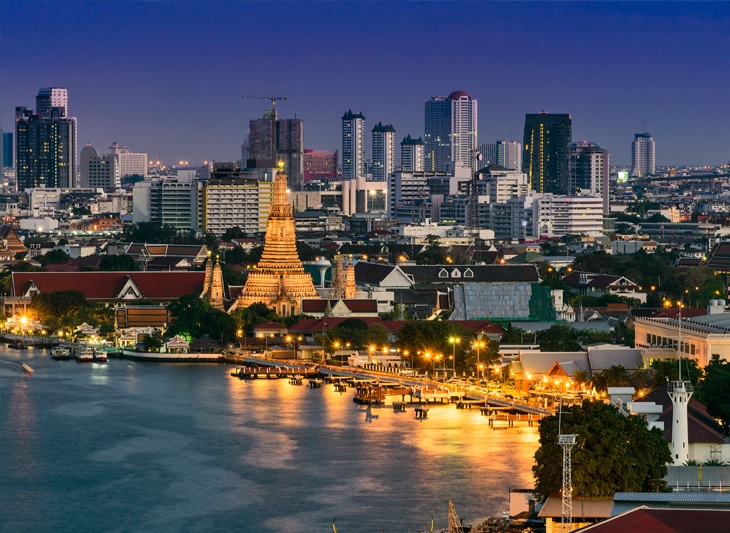Business Presses for Multilateral Agenda to Help Distressed Communities in the Asia-Pacific

“APEC remains an incubator of ideas, an engine for innovation and a driver for regional economic growth and integration,” Viet Nam’s Deputy Foreign Minister, Bui Thanh Son, exhorted APEC Senior Officials when they convened this week with its private sector advisory body in Bangkok.
Meeting amid fragile global economic growth, stagnant trade and subdued investment, the APEC Business Advisory Council recognized the costs of globalization, including its effects on reducing employment, excess pressure on social services and that multinational corporations may sometimes game the tax system.
Weighed against those concerns, ABAC members acknowledged that there is much more to gain from globalization, which results in increased productivity and innovation, access to more varieties of products, lower consumer prices and help to reduce environmental degradation.
“Protectionism and globalization skepticism are on the rise in different corners of the globe,” exclaimed Bui who is the 2017 Chair of APEC Senior Officials. “But this is not a time for despair.”
“The world and the Asia-Pacific region is being challenged by lethargy in the multilateral trading system,” said Thailand’s Deputy Minister of Foreign Affairs, Virasakdi Futrakul.
At the same time that global economic growth figures remain relatively low and protectionist trends have emerged to challenge free and open trade, APEC must demonstrate its vitality, dynamism and responsiveness.
“APEC’s policy actions are sorely needed for businesses to tap more effectively into the Asia-Pacific region’s robust multi-billion dollar markets in services, logistics, health care, digital trade as well as renewable energy to name a few, thus creating jobs and prosperity for societies,” continued Bui who will chair the year’s first policy development meeting of APEC Senior Officials in Nha Trang, Viet Nam on 2-3 March.
Futrakul explained that such movements have been seen before and any attempts to turn back or shy away from free and open trade will have even worse consequences.
“We have to ensure that the Free Trade Area of the Asia-Pacific is an inclusive and comprehensive trade agreement that truly addresses the needs of its users - businesspeople and the general public,” he continued.
Futrakul added that nurturing the competitiveness and internationalization of micro, small and medium-size enterprises is key to achieving quality growth that leaves no one behind. For example, economies can offer lending support like Thailand’s strategy to help villages and cooperatives gain access to the global market.
After winning APEC’s “One Village One Brand award for geographical indications in 2011 and finding success in foreign markets, Doi Chaang Coffee began selling its branded products in Thailand. This has resulted in greater domestic demand, factory expansion, and the creation of jobs throughout Thailand and the global markets it serves.
Known for its organically grown, fine quality coffee, Doi Chaang Coffee, a public-private partnership, sources its beans from the hill tribe people who previously cultivated opium. This has also played a part in eliminating “slash and burn” farming methods in Chiangrai, a province in northern Thailand.
“Governments in the APEC region are now addressing issues such as structural and regulatory reform, public and corporate governance, fair trade and better functioning markets” stated Futrakul.
# # #
For further details, or to arrange possible media interviews, please contact:
David Hendrickson +65 9137 3886 at [email protected]
Michael Chapnick (in Bangkok) +65 9647 4847 at [email protected]
More on APEC meetings, events, projects and publications can be found on www.apec.org. You can also follow APEC on Twitter and join us on Facebook and LinkedIn.

